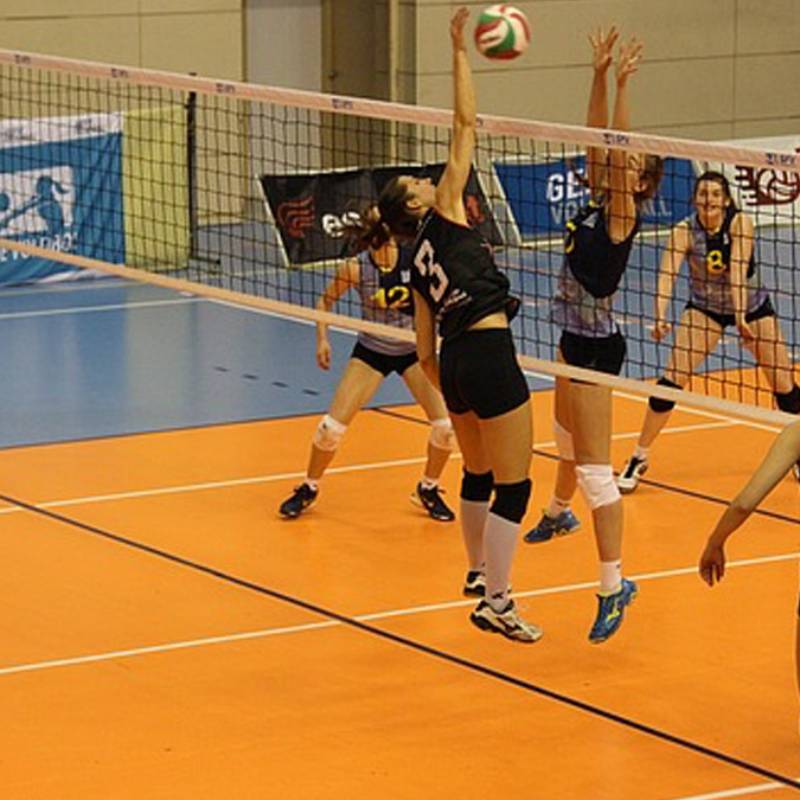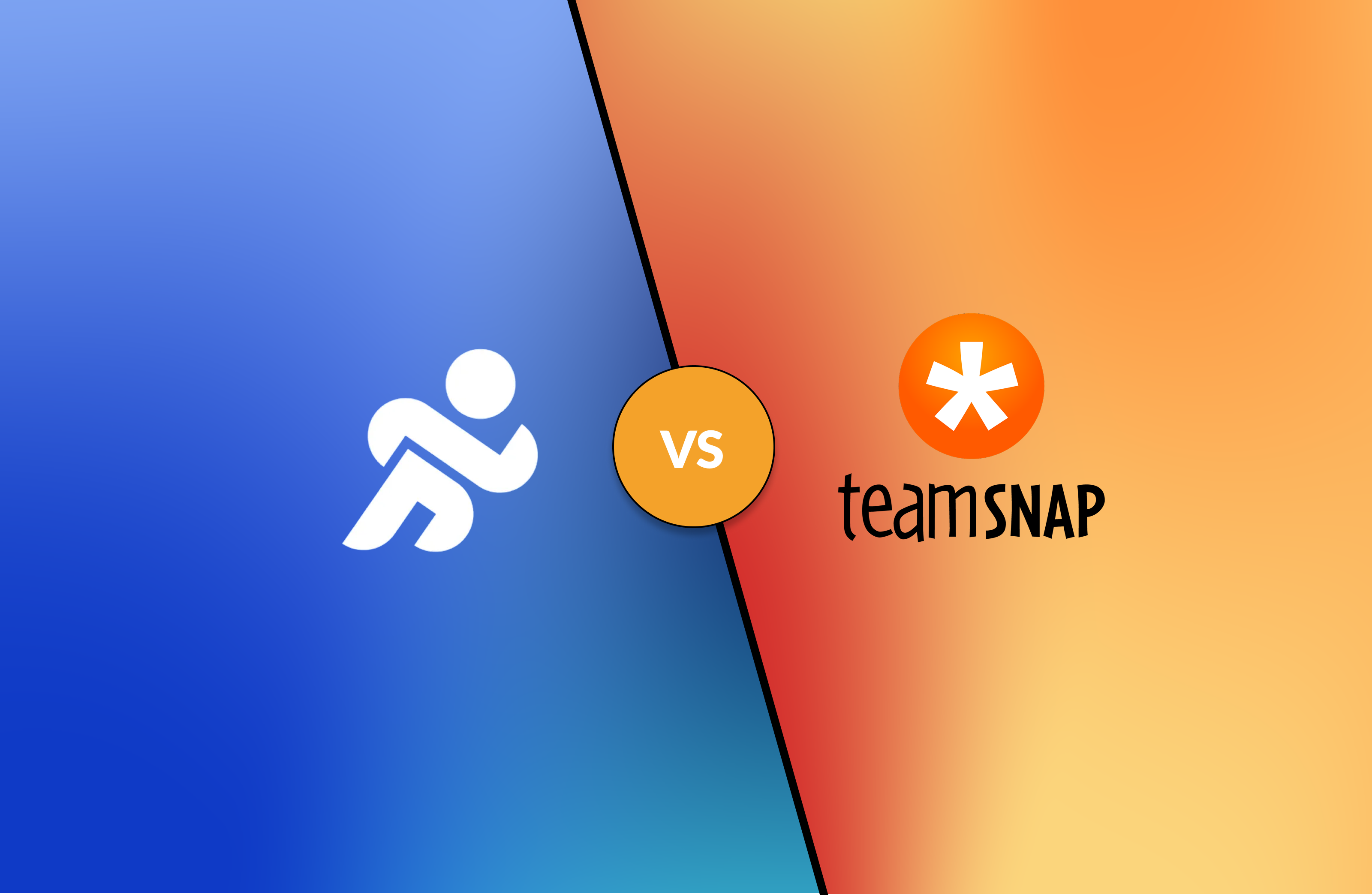Learning to manage stress before a sporting event

At one time or another, every sportsman or sportswoman experiences a certain amount of nervousness before a sporting event. While a little stress is inevitable before a major sporting event, too much nervousness can cause a lot of problems.
In fact, the attitude of an over-stressed player can have a negative influence on his preparation (diet, sleep, training period, etc.) and performance, but can also have repercussions on the other members of his team. Performance anxiety is also something that many athletes experience. Athletes need to learn how to manage performance anxiety.
There are, however, a few ways to reduce stress to an acceptable level, bearing in mind that adrenalin makes it virtually impossible not to feel at least a certain amount of excitement, which is healthy.
Key word: physical preparation
Obviously, one of the most important stress factors is lack of preparation and, above all, lack of training. A physically well-prepared athlete knows that all he has to do on the field is to give his all for an optimum performance. If physical preparation has been carried out properly, and the athlete knows he’s ready, all the doubts and questions linked to training will have no reason to exist.
This means planning competitions and setting goals with an eye to the big picture. So how do you make sure you’re ready when the time comes? By training intelligently to avoid injury, and by organizing your schedule so as to be present at all training sessions. There are a number of sports team management tools available to help you achieve this, and it would be a shame not to make use of them, so that you’re ready when the long-awaited sporting events arrive.
Eating well to prepare for competition
It’s essential to eat well before training. Many athletes have a well-defined eating plan and tend to panic when it comes to competition. To avoid surprises and unnecessary stress, it’s best to refrain from trying anything new directly before a sporting event. If a new element is introduced into the diet plan, a trial period should be planned to allow the body to get used to the new diet.
Another food aspect not to be overlooked is meal planning for out-of-town competitions. Some championships offer a convenient cafeteria service, but making a list of restaurants and supermarkets in the vicinity of the competition site is an excellent way to avoid being caught unprepared and have much greater peace of mind.
Visualization and confidence for a good mind
Visualization is a key element of good mental preparation and a good way to help reduce stress levels before a competition. In fact, mental imagery has been proven to improve sporting performance, so why do without it? Since, for the brain, a movement performed mentally is no different from one performed physically, visualization helps improve performance efficiency and has a positive effect on confidence and motivation.
Taking 10 to 15 minutes a day in anticipation of an important competition can therefore be very useful in avoiding extreme nervousness, as well as being a significant asset for improving performance in concrete terms.
Sport and stress
Each person is free to develop his or her own strategy for relaxation. It is well known, however, that sport is a highly effective stress-reliever. Physical activity generates a reaction in the human body that increases the amount of endorphins present. The results can vary according to the individual. The effects are often described as relaxing and drowsy. For optimum sleep, we recommend that you take part in high-intensity physical activity 2 to 4 hours before going to bed.
Karl Demers



